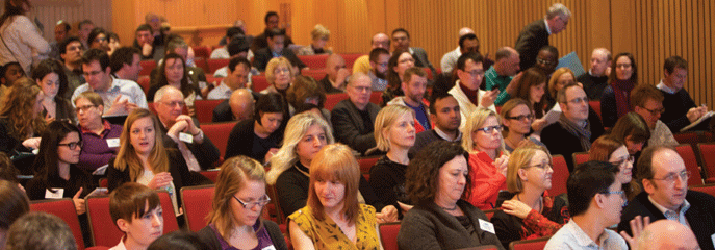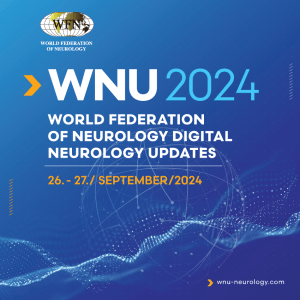
One of the highlights of being President is announcing the following year’s British Neuropsychiatry Association’s AGM.
The 2016 AGM will be held at the Royal College of Surgeons in London on 11th and 12th February. At the February 2015 meeting it was a particular pleasure to have so many neurologists and psychologists attending. The primary aim of the BNPA is to bring different professional groups together in order to enhance our knowledge and understanding of brain disorders and as a consequence improve the quality of care we give to our patients, so if you enjoyed last year, and you all seemed to, come again: and better still bring a friend or colleague along. The quality of meeting is dependent on the delegates!
In 2016 we will be taking a developmental perspective on adult disorders. The phrase ‘funny-looking’ is common occurrence in clinic. I feel sure I am looking at a neurodevelopmental problem but I don’t really know where to begin…all will be explained.
We have known for years that aversive experience in childhood can lead to depression in adults – but have you ever wondered what the mechanism is and importantly why some people are resilient and some are not? Can the risks of adversity be passed between generations? The epigenetics of depression may hold the answers.
Epilepsy used to be simple – we had generalised seizures that were presumed genetic and focal ones caused by a lesion. Not any more- there is an increasing awareness of genetic focal seizures. How do we approach this in clinic? Attention Deficit Hyperactivity Disorder and its management with Ritalin has been debated for years – but what are the effects on adults, and, more importantly, what should we be doing for adults with these complaints.
The afternoon will hear this year’s JNNP lecture by Professor Francesca Happe on autism, the junior members’ prize papers and research updates on novel therapeutics in epilepsy and sleep and psychiatric disorders.
The Friday will focus on language and its complexities. Thomas Bak will take us through a general introduction, outlining the structure and function of human language. Jonathan Schott will get us up to date with new understandings of primary progressive aphasia and what study of this group of degenerative disorders tells us about language. The term ‘knights move thinking’ seems to stick in every medical students mind but what actually is formal thought disorder in schizophrenia?
David Linden will explain the complexities of this understudied condition. The commonest language disorder most of us encounter is aphasia after stroke – but what we really want to know is what is its prognosis and what can we do to treat it?
The 2016 BNPA medal will be awarded to Professor Chris Frith whose pioneering work in neuroscience will be known to many with his insights into the cognitive basis of schizophrenia, passivity phenomena, and delusions. He has currently started a new line of enquiry and his medal lecture “Co-operation and Consciousness” sounds fascinating.
The meeting will draw to a close with the BNPA debate; the Rev Professor Alasdair Coles and Professor Anil Seth will discuss ‘Is there room in a modern concept of psyche for a soul and spirituality’, but as ever at BNPA debates it is what you the delegates think that may offer most insights.
I hope you will share the sense of excitement that I, and my fellow directors, have for this programme and that we will see as many of you as possible in London.
ACNR 2015;15(5):21. Online 13/11/2015

